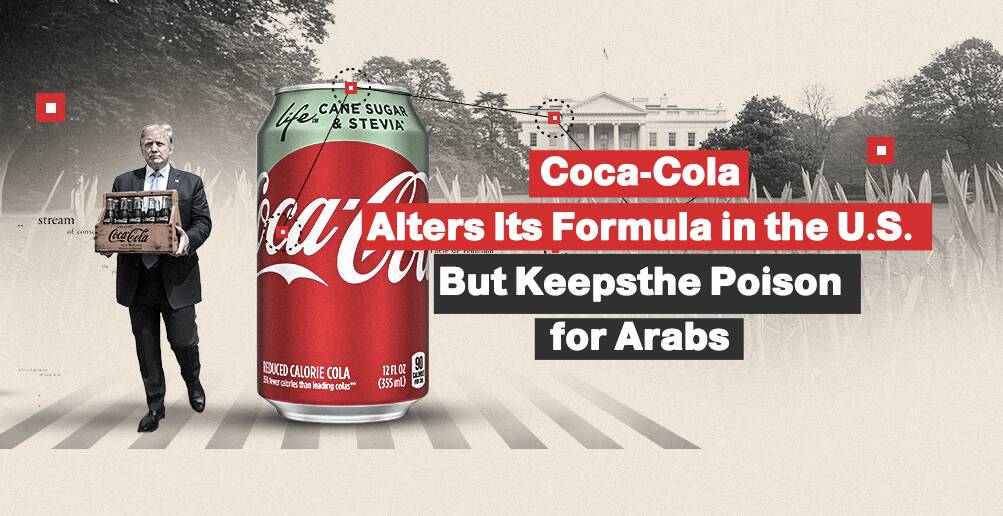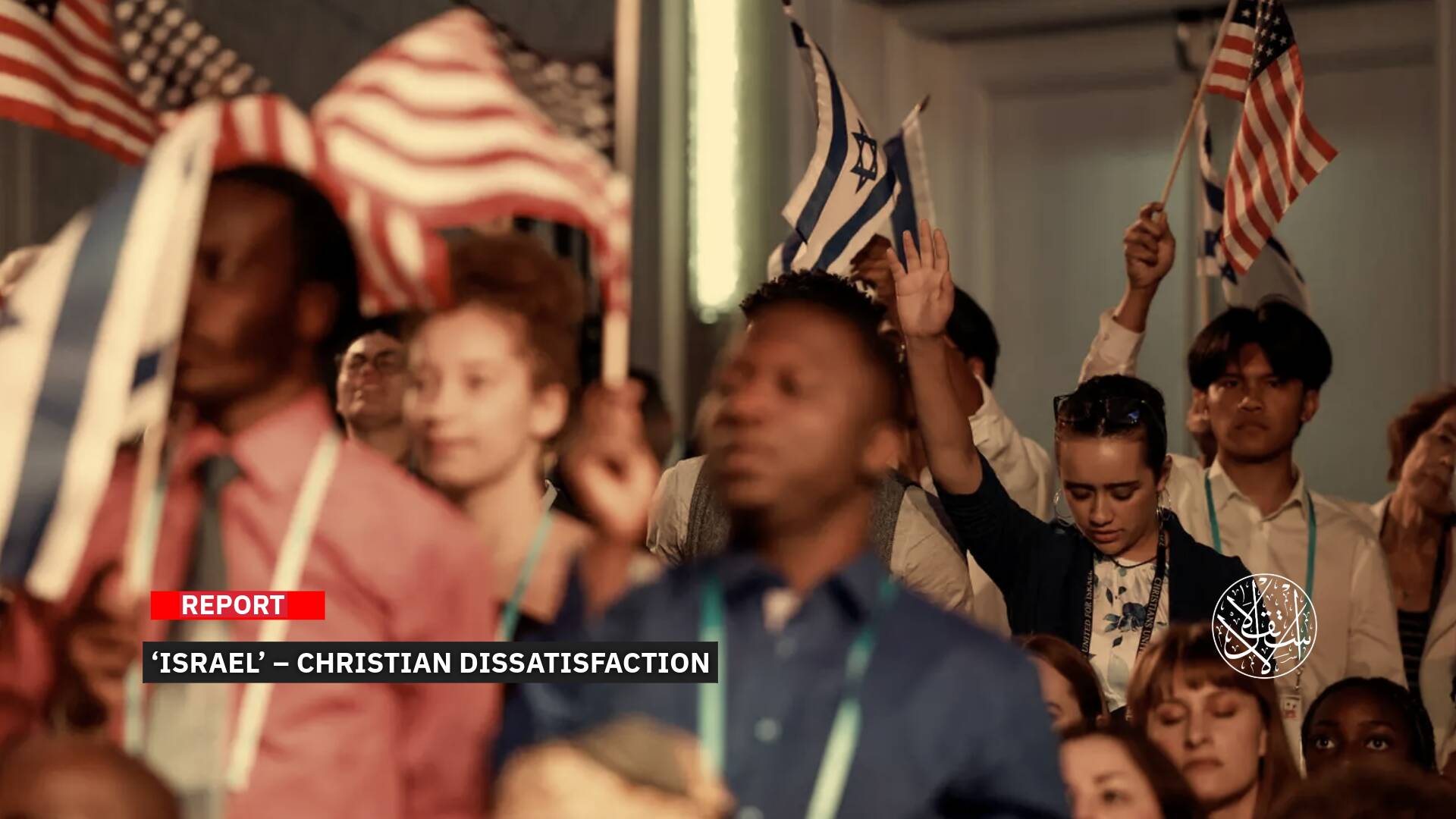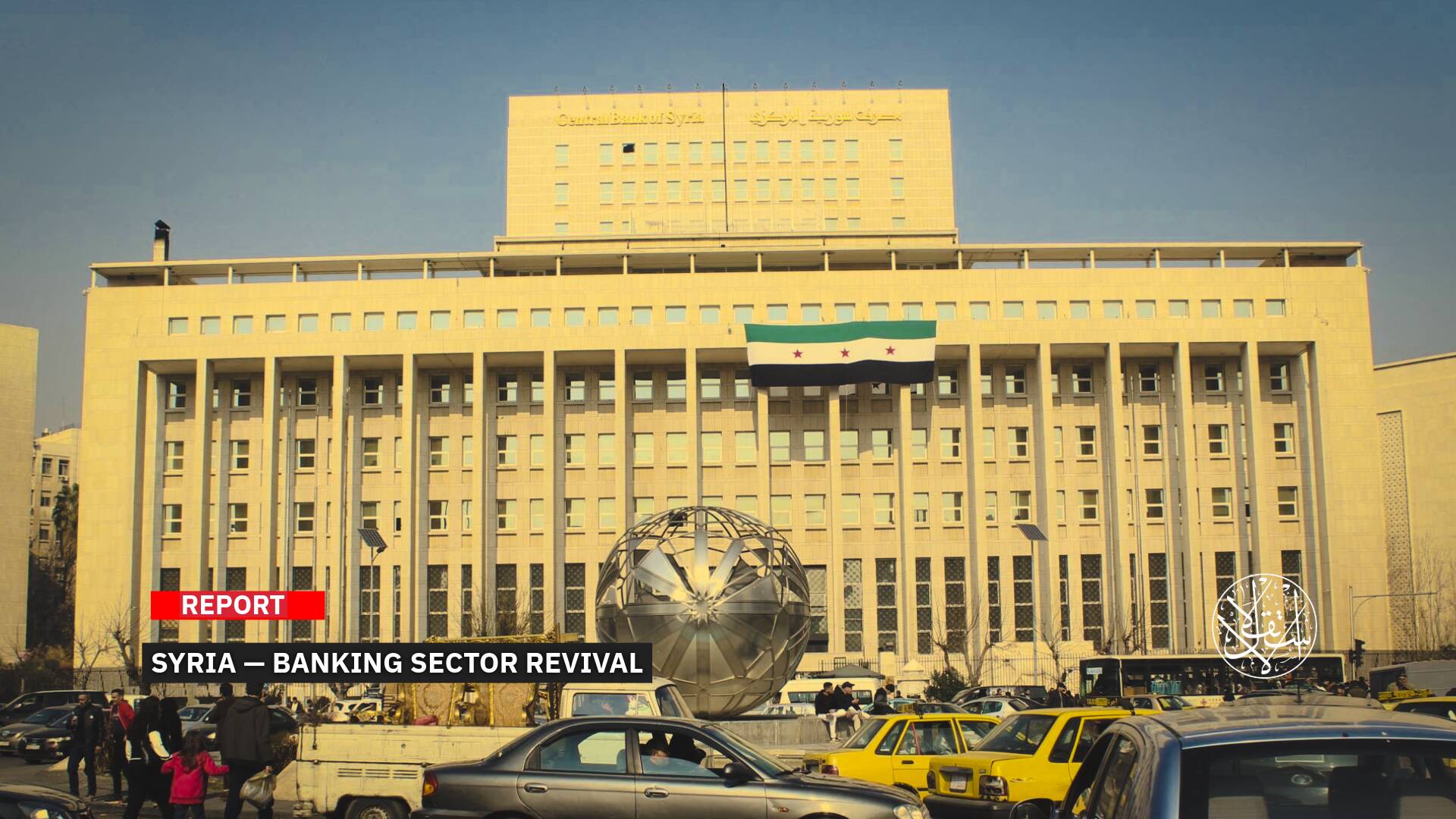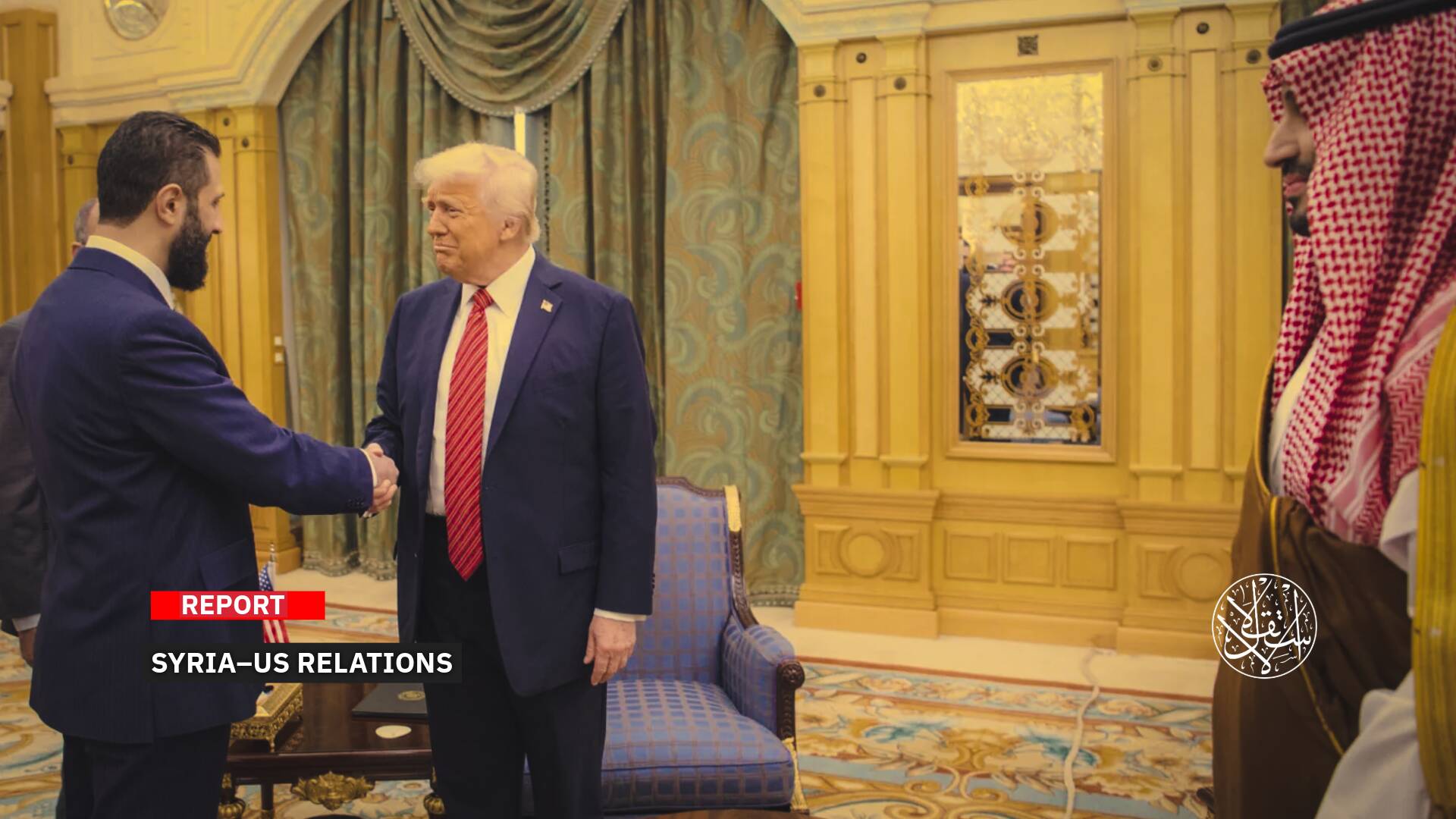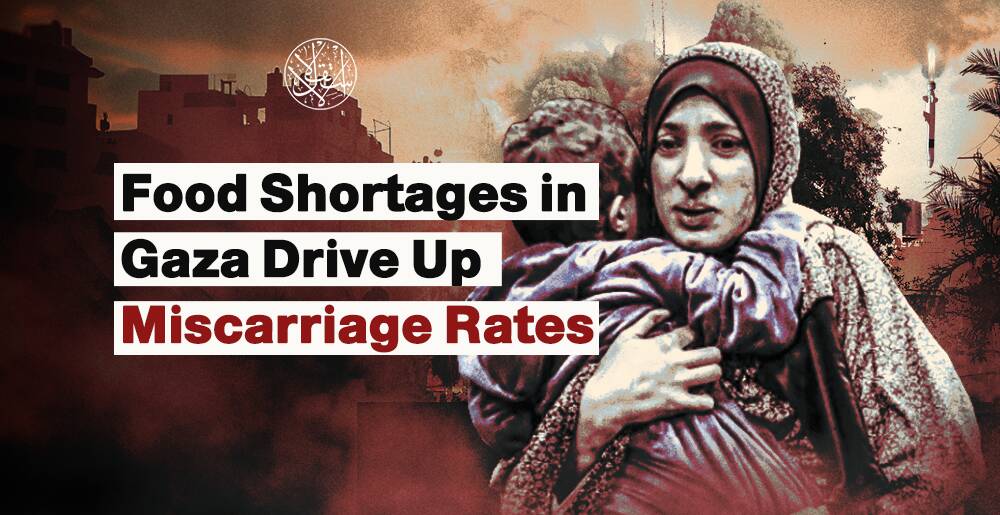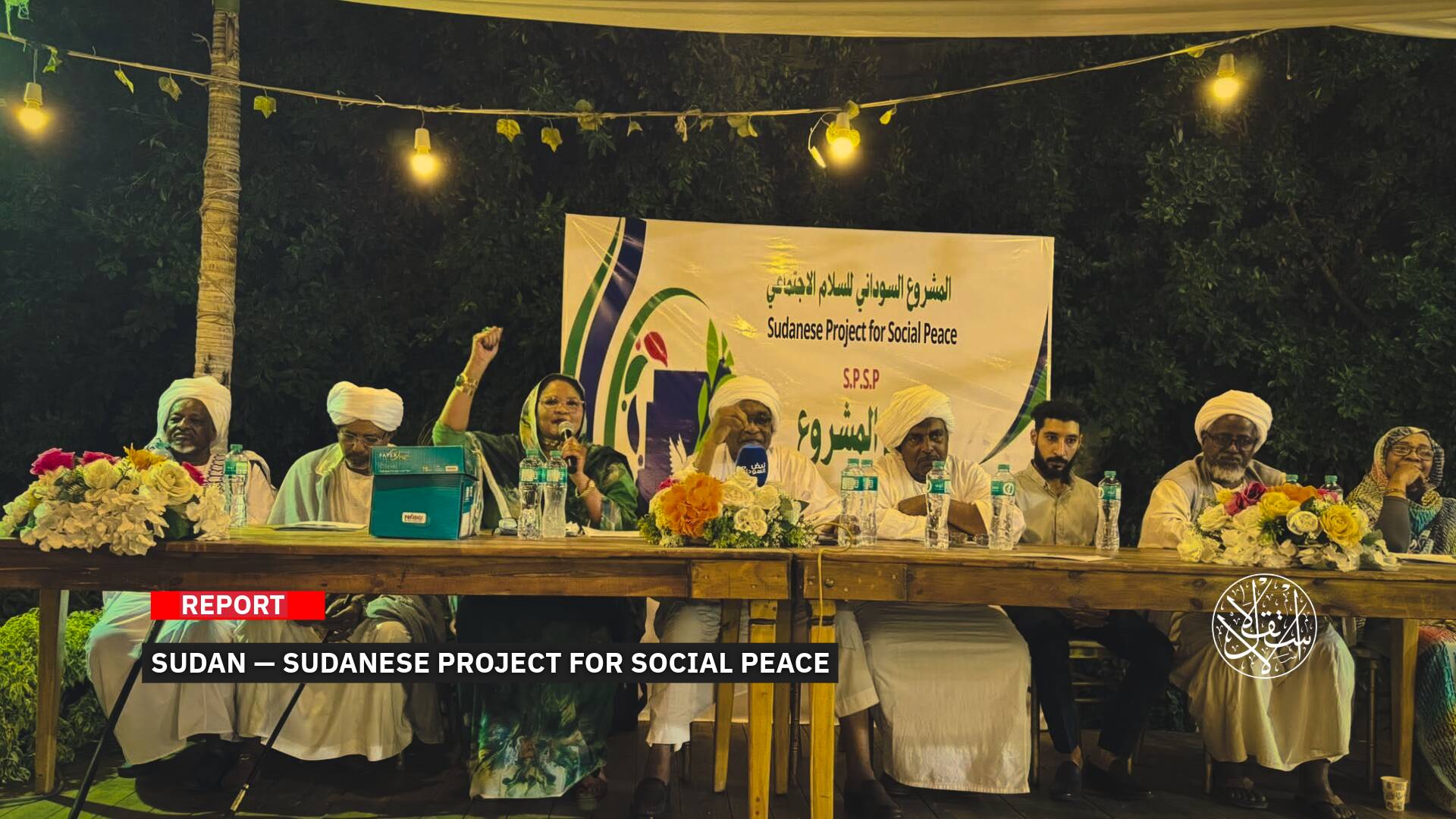Saudi Arabia’s Relations With China: New Alliance or Balancing Factor?
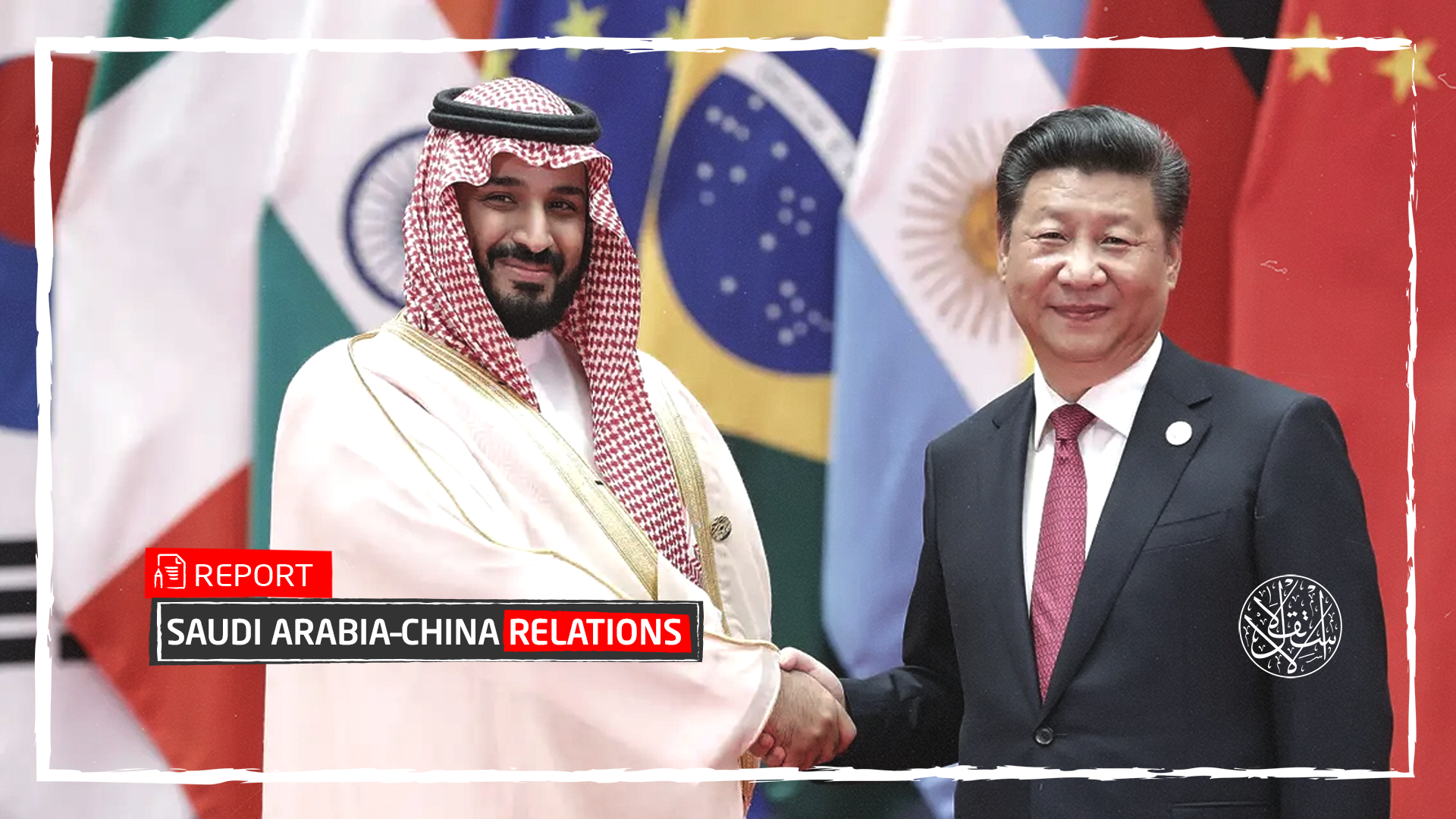
Saudi Arabia's decision on October 5, 2022, to reduce oil production by 2 million barrels per day in coordination with Russia has escalated tensions between Crown Prince Mohammed bin Salman (MBS) and US President Joe Biden to a new level.
The Biden administration has vowed to respond "systematically" to what it sees as "blatant collusion" with Russia. There have been bipartisan calls in the US Congress to stop security assistance to Saudi Arabia.
Saudi Arabia has declared the decision "purely economic," but observers say that under the rule of the young crown prince, who Biden has insulted more than once, Saudi Arabia is acting out of self-interest.
Although relations between Riyadh and Washington have fallen short of hostility, the slump has led MBS to an unprecedented rapprochement with China, America's top rival.
Remarkable Celebration
In a clear sign of growing relations between Saudi Arabia and China, Saudi Foreign Minister Prince Faisal bin Farhan announced on October 28 that three Chinese summits would soon be held in Saudi Arabia.
This is an unprecedented event between the two countries, which will be arranged during the upcoming visit to the kingdom to be announced soon by Chinese President Xi Jinping.
Bin Farhan explained that the first summit would be with the host country, the second with the GCC countries, and the third at the Arab level.
Commenting on the announcement, the US website Al-Hurra wrote, on the same day, that "with US-Saudi relations reaching a low level, MBS has resorted to strengthening relations with Russia and China, although the kingdom still enjoys close security relations with Washington."
What is remarkable, however, is that the progress of cooperation will not stop at the level of the top officials but may even reach a broader economic and political alliance.
France 24 revealed on October 28 that officials from Saudi Arabia and China had met as part of a subcommittee of the Belt and Road Initiative, Major Investments and Energy, which falls under the high-level joint committee between the two countries.
The French website added: "Beijing and Moscow welcomed Riyadh's efforts to catch up with the countries under the banner of the BRICS group, which includes Brazil, Russia, India, China, and South Africa, and seeks to fight major blocs such as the two groups, the G7, and G20."
On October 27, Russian President Vladimir Putin announced that he welcomed the inclusion of Saudi Arabia in the BRICS and praised Crown Prince Mohammed bin Salman's approach.

Washington Assessment
On the escalating tension between Saudi Arabia and America, Bloomberg reported that "while there is a remarkable tension in relations between the United States and its traditional ally Saudi Arabia, China is trying to ride the rift to extend its economic influence in one of the most powerful countries within OPEC."
It added on October 15, 2022, that "the economic relationship between Washington and Riyadh has not always been good, and that it has withstood several obstacles for more than a century, while the only variable is China's attempt to jump to achieve the economic hegemony it seeks."
As the rift between the United States and Saudi Arabia widened, China has deepened its ties with not only the Saudis but with economies across the Gulf region.
Bloomberg spoke of the possibility of a major geostrategic reassessment between Washington and its allies in the Middle East, specifically Saudi Arabia.
The agency highlighted the extent of the discrepancies in Saudi relations with China and the United States.
While Biden is talking about a "battle between absolutism and democracy" and issues such as respect for human rights and freedom of the press and expression, China has no agenda that would bother Riyadh on this particular matter.

Prior to that, Turkiye's Anadolu Agency, on September 2, 2022, pointed to the development of Saudi-Chinese relations, citing 5 key issues that make Beijing valuable to Riyadh's rulers.
The first determinant of the relationship was that Beijing had no problem with the internal workings of the Saudi regime and its human rights violations.
Similarly, the Saudis turn a blind eye to the Beijing administration's human rights abuses against the Uighur Muslim minority.
Second, Beijing does not see political motives, such as security and human rights violations, as an obstacle to arms sales.
Third, the cooperation of energy actors is deepening day by day, and China has already been Saudi Arabia's largest oil customer for many years.
Fourth, the Saudis are trying to persuade the United States to become the main actor in the Gulf security architecture once again by developing close cooperation with Beijing, the United States' biggest geopolitical rival.
The final issue is the overlap between China's appetite for investment and the large investment projects that Saudis need to free their economy from dependence on oil.
Square One
With these intersections, it is necessary to return to square one in October 2018, when Saudi journalist Jamal Khashoggi was killed inside his country's consulate in Istanbul, and it turned out that a special assassination squad liquidated him on the direct orders of bin Salman.
This provoked a huge Western and American outrage and promised a stigma on the front of the young prince.
There have been doubts about his regime, tainted by tragic and horrific human rights stories.
As the wave escalated, the crown prince became more divided toward Russia and China, forging new alliances unprecedented in the politics of the Arab country, which was the closest American ally in the region.
Even when MBS visited China on November 21, 2019, American writer Walter Russell Mead said, in the Wall Street Journal, "God may be great, but for Riyadh’s strategic purposes, China’s Xi Jinping apparently is greater."

What is happening in the current period is not the first setback in Saudi-American relations, nor the first rapprochement between Riyadh and Beijing.
During the eighties of the twentieth century, due to the growing threat to the nuclear proliferation program of its Shiite rival Iran, Riyadh entered into a secret deal with China to establish a missile base on its territory.
When the administration of former US President Ronald Reagan learned of this development in 1988, it asked King Fahd bin Abdulaziz to close the base immediately.
The king refused to obey and increased the tensions by expelling the US ambassador, but relations then returned during the first Gulf War.
But China's missile base remains active on the kingdom's territory so far and remains a witness to a major setback in relations.
On January 16, 2022, Italy's Institute for the Analysis of International Relations (ISPI) highlighted the Saudi-Chinese alliance and its impact on Biden's Middle East policy.
Since 2019, US intelligence agencies have become aware of the fact that Riyadh is dealing with China to develop its ballistic missile program, he said.
"But the administration of former President Donald Trump has decided not to present intelligence reports to key members of Congress."
The Biden administration now faces the risk that Saudi advances in its ballistic missile construction program with China could radically change regional power dynamics.
It complicates efforts to expand the terms of the nuclear deal with Iran, which includes strict restrictions on Iranian missile technology.
Sources
- The Chinese summits announced in Saudi Arabia.. Questions about timing [Arabic]
- Saudi Arabia celebrates a visit to the Chinese president and holds 3 summits for him.. Is the honeymoon over with Washington? [Arabic]
- Saudi Arabia Moves Ahead with Strengthening Relations with China and Russia and Eyes on BRICS
- China’s Rich New Friend Capitalizes on US Oil Spat
- Shifting Alliances: China, Saudi Arabia and the United States


